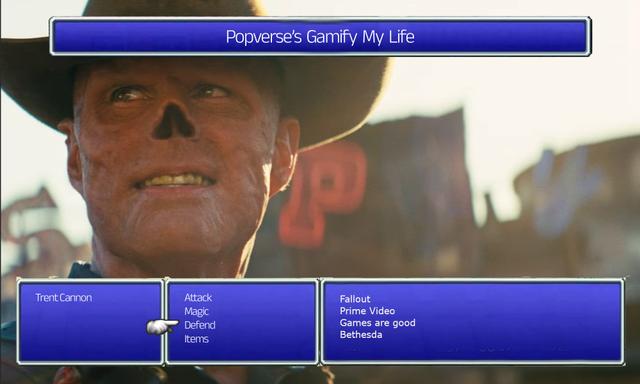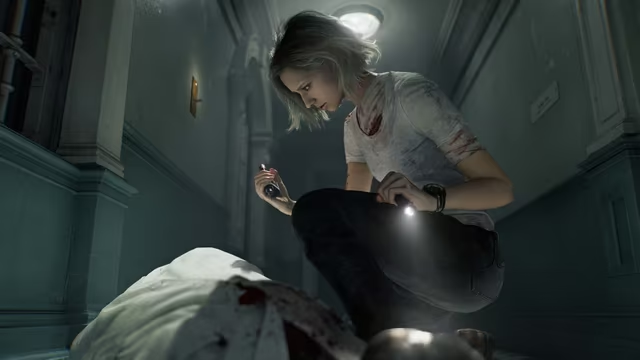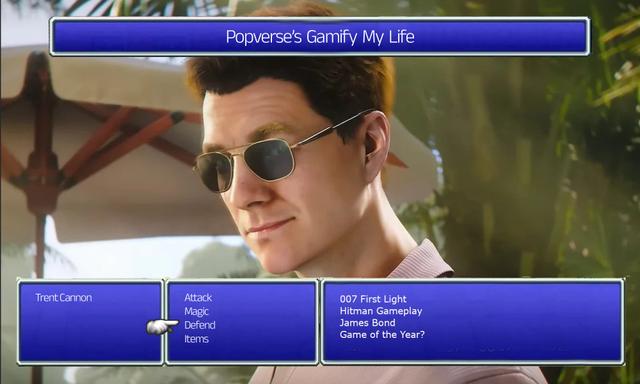If you click on a link and make a purchase we may receive a small commission. Read our editorial policy.
CBLDF: The book ban movement is aiming to demonize the 'graphic' in 'graphic novel'
The attack on graphic novels: CBLDF leader Jeff Trexler explains how book bans are demonizing the word 'graphic' in 'graphic novel'

As anyone who’s been paying attention to the headlines over the past year has undoubtedly noticed, comics are facing a new wave of censorship across the United States right now, with school districts and libraries all over the country pulling books they see as unsuitable for younger readers — a disproportionate number of which are graphic novels. A report from PEN America recently identified at least 50 groups working to remove books in states like Florida, Oklahoma, and Texas, with graphic novels like Maia Kobabe’s Gender Queer repeatedly coming under fire.
According to one expert, it’s no coincidence that comics are increasingly becoming central to censorship debates. “I’m convinced that the fact that these are comics is central, and it's even changed how people see books that are just text,” Jeff Trexler tells Popverse during a recent call.
Trexler knows what he’s talking about; he was one of the attorneys in the Virginia case against Gender Queer earlier this year, a case that was ultimately dismissed by the court within a matter of months, thanks to his work.
“I’m convinced the problem isn't so much with the text; I thought that the attack in Virginia was fundamentally attack on the comic arts and artistic expression,” Trexler explains. “One of the things I noticed in the original filing that nobody else picked up on was that the original complaint against Gender Queer and the trial was, it's called an In Rem proceeding — that's in Latin for ‘against the thing’ — against Gender Queer. Gender Queer, the book, was literally on trial and the book was described in the original petition as a graphic sexual novel. And I had this hunch based on the way he framed this, that he was trying to, and the movement in general is trying to, reframe the graphic novel from referring to storytelling through art in sequence and often integrated with text to graphic means sexually explicit.”
Yes, it appears as if some involved in the organized book bans are aiming to re-purporse the word 'graphic' in 'graphic novel' to mean adult content.
Trexler’s initial response was to offer a history of comics as a medium, and the graphic novel as a format. That only prompted a particular counterargument, however, which was essentially that “there was never anything as sexually explicit in the comic medium as you see in Gender Queer, that you see this kind of sexual explicitness. His whole argument was in obscenity law. He went on about how comics are uniquely dangerous because you have these still images of sexual activity and they burn into children's minds and turns them into sexual predators and causes all sorts of problems. It was like this long screed against comics and graphic novels. And he even quoted to the court a book, which he said was from 1996 in psychiatry. I actually looked up the book thinking, this doesn't sound like 1996, and it turns out that it was a 1996 reprint of a 1948 book…!”

This approach is part of what Trexler describes as a broader attack on comics, something that he believes is based on a basic lack of understanding about just what comics are, and more importantly, the potential they have to prepare people for contemporary life.
“I had seen in school districts around the country where they weren't just going and saying, ‘Oh, Gender Queer is bad,’ or ‘New Kid is bad,’ they were saying that comics are sub-literate, that if you read comics it means that you're not going to be able to read at the right grade level,” he says. “I think they're misunderstanding the nature of 21st century literacy, because you have to understand the integration of text and image and use that in multi-sensory storytelling. If you're not literate in comics, you're not going to be literate in PowerPoint, you’re not going to be able to give a business presentation, you're not going to understand when you are getting ready to vote. This is the root of the attack. It's not just that ‘Gender Queer says XYZ,’ but that Gender Queer's existence itself as a graphic novel is seen as problematic. All these other books as graphic novels are seen as problematic. We need to come up with a defense that is rooted not just in,’“Okay, well we're defending this content,’ but a defense about defending this medium. We have to understand how the medium relates to the law.”
Thankfully, this is something that Trexler is uniquely placed to act on — not only is he the attorney who tried the Virginia case, he’s also the interim director of the Comic Book Legal Defense Fund, which he plans to repurpose to be more proactive in the face of future censorship threats, including new resources for librarians and booksellers to defend against early complaints, as well as educational programs to build an awareness of what comics do for their readers. It’s a lot of work, sure, but it’s worthwhile work… and there’s nothing to say that you can’t have some fun doing it.
“I try to be very dry in my briefs, but there was a little sass [in the Virginia case] where I pointed out that he was saying that there were these instances where kids were having sex. I was like, ‘Well no, if you read the comic, you see these weren't kids,’” he remembers. “There's certain things where there was just a purely image based sequence and he's claiming a minor is having sex in a future image. Well, no, it's different hair, it's a different person, it's a different body. You went from a minor in this sequence to imagining adults in the other sequence, and that's a different thing. You can't punish this book because you don't know how to read a comic.”
Go back to New York Comic Con this October to read comic book legend Denis Kitchen talk censorship and history in the medium.
Follow Popverse for upcoming event coverage and news
Find out how we conduct our review by reading our review policy
Let Popverse be your tour guide through the wilderness of pop culture
Sign in and let us help you find your new favorite thing.
















Comments
Want to join the discussion? Please activate your account first.
Visit Reedpop ID if you need to resend the confirmation email.